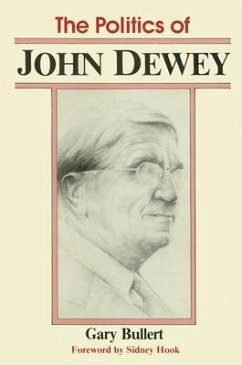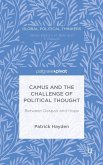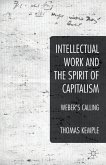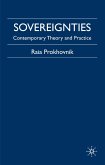John Dewey was one of the foremost social and political philosophers of the twentieth century. He worked to reorient philosophy toward the concrete problems of humankind and tirelessly addressed himself to the public issues of his day, remaining at the center of heated intellectual and public controversy. This book contains the most complete documentary account of Dewey's political thought and activities available. Dewey's enduring insights into democratic politics are still relevant today. Dewey grounded his political ideals historically within the American democratic experience and sought to adapt Jeffersonian idealism to the corporate-industrial age. Like Jefferson, Dewey maintained that the roots of the American political tradition are moral, not merely a means to material gain. Dewey's theory of democracy was designed to reconcile freedom with authority, social stability with the need for reform, and universal standards with specific circumstances. Dewey maintained an unyielding commitment to scientific intelligence and free critical thought. He recognized that at the heart of all policy making is a value judgment. Nevertheless, he held that rational grounds can be found to justify some courses of conduct as more valid than others. By examining Dewey's political activities, The Politics of John Dewey assesses the viability of pragmatic liberalism by its own standard and describes the significant contributions of this influential American philosopher.
Hinweis: Dieser Artikel kann nur an eine deutsche Lieferadresse ausgeliefert werden.
Hinweis: Dieser Artikel kann nur an eine deutsche Lieferadresse ausgeliefert werden.








